


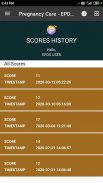
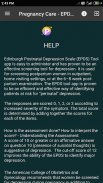

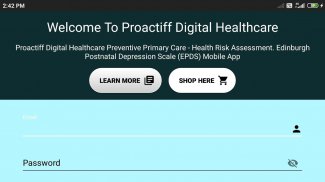


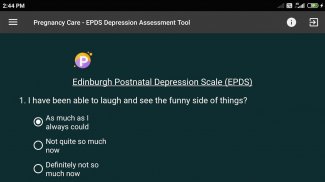
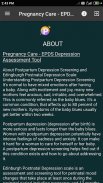


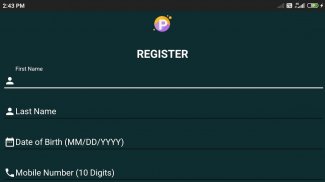
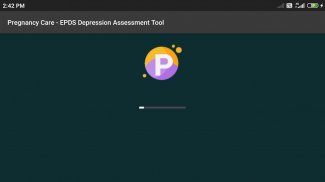
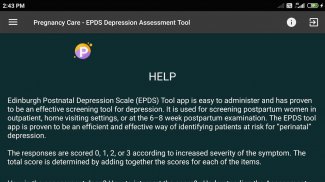


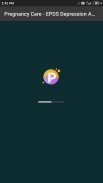
Edinburgh Postnatal Depression Scale (EPDS)

Description of Edinburgh Postnatal Depression Scale (EPDS)
It's normal to have mixed emotions after having a baby. Along with excitement and joy, many new mothers feel anxious, sad, irritable, and overwhelmed. This is commonly referred as the "baby blues." It's a common condition, that affects up to 80 percent of new mothers. Symptoms of the baby blues usually get better within two weeks.
Postpartum depression (depression after birth) is more serious and lasts longer than the baby blues. Women with postpartum depression potentially have intense feelings of sadness and anxiety. It can make it hard for a woman to care for herself or her baby. A postpartum depression screening helps find out if this condition exists and how to go about addressing it.
Edinburgh Postnatal Depression scale is an assessment and screening tool for perinatal mood changes that take place at least once during the perinatal period including pregnancy and 12 months postpartum. The Proactiff Digital Healthcare: Pregnancy Care, Edinburgh Postnatal Depression Scale Screening Mobile Application is Mandatory depression screening of pregnant and postpartum women. It is recommended by an increasing number of professional organizations: the American College of Obstetrics and Gynecology, the American Academy of Pediatrics, and the American Medical Association, and from the United States Preventive Services Task Force (2016).
This screening tool is used to find out if a new mother has postpartum depression. Typically, a obstetrician/gynecologist, midwife, or primary care provider (PCP) or a doctor may give you a postpartum depression screening as part of a routine postpartum examination or if you are showing signs of severe depression two or more weeks after giving birth.
























